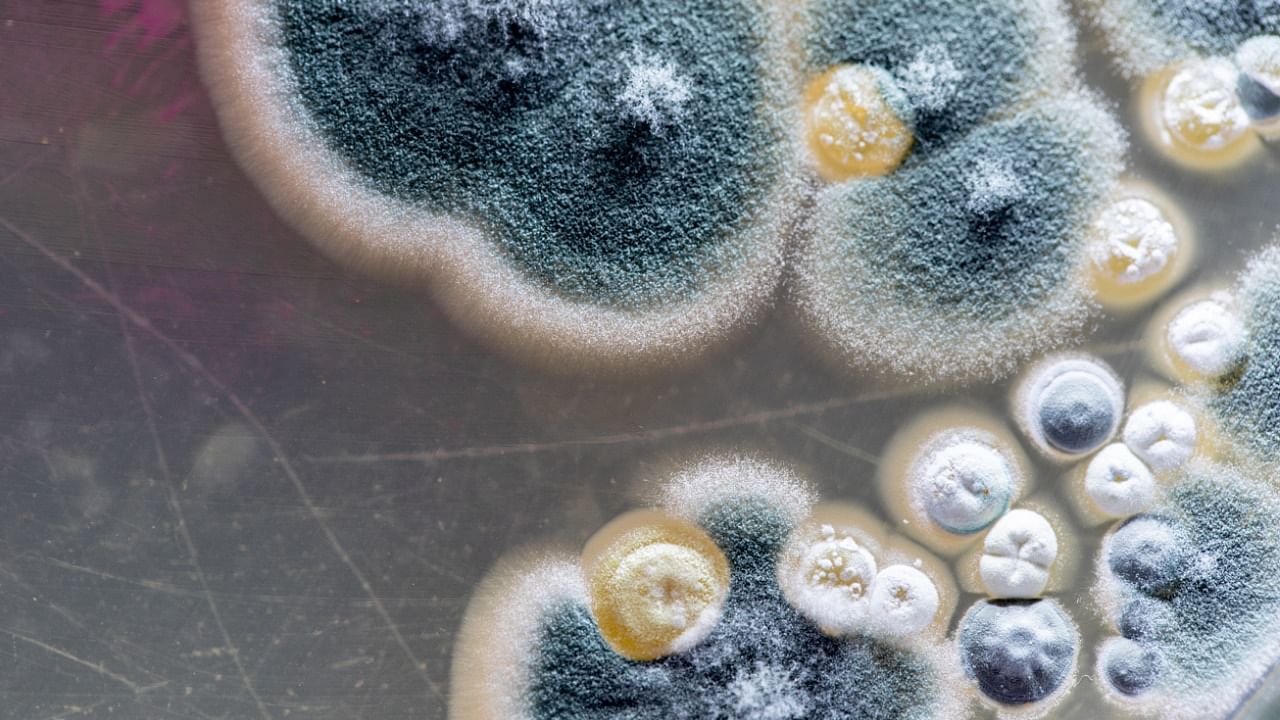
Nasal aspergillosis, which infects the sinuses, joins the growing list of deadly fungal infections that have tagged along with the Covid-19 virus, with at least eight patients in Vadodara being admitted on account of the disease.
Two of Vadodara’s government hospitals, which are collectively treating 262 patients for mucormycosis or 'black fungus', have now reported cases of invasive nasal aspergillosis over the past week in Covid-19-positive and Covid-19-recovered patients, according to multiple media reports.
In the aftermath of the second Covid-19 wave in the country, a suite of fungal infections—black, white and yellow fungus—have been reported with increasing frequency, a trend health experts hypothesise could be a result of weakened immune systems due to excessive use of steroids to treat Covid-19 patients with acute diabetes and unsanitary use of oxygen cylinders.
The rapid spread of black fungus caused by a type of mould has prompted several states to declare it an epidemic to keep a tab on its spread and enforce measures to contain it.
Aspergillosis is also caused by a species of mould found all over the world called aspergillus in everything from the air to damp soil and decaying organic matter. While mostly harmless, some varieties could cause a range of diseases in humans ranging from simple allergic reactions to a life-threatening invasive disease.
The symptoms of the infection include a stuffy or runny nose, congestion, fever, facial pain and headache. A distinctive fungal ball of fungus fibers, mucus, cells and blood-clotting protein may also form in the sinuses and the infection could spread to other areas including the brain. Nasal aspergillosis is sometimes also linked with bone loss of the facial bones.
Invasive nasal aspergillosis is far more common in severely immunocompromised patients, though non-invasive types can occur even in normal hosts, studies on the disease have shown. Nasal aspergillosis has also been found to have a case fatality rate or deaths-to-cases ratio of 66%, according to a 2001 paper titled Aspergillosis Case-Fatality Rate: Systematic Review of the Literature.
All the fungal infections cropping up in the country at present are treated with a single antifungal drug called Amphotericin B, but the study had found that mortality due to the aspergillosis family of infections was high “despite improvements in diagnosis and despite the advent of newer formulations of amphotericin B.”